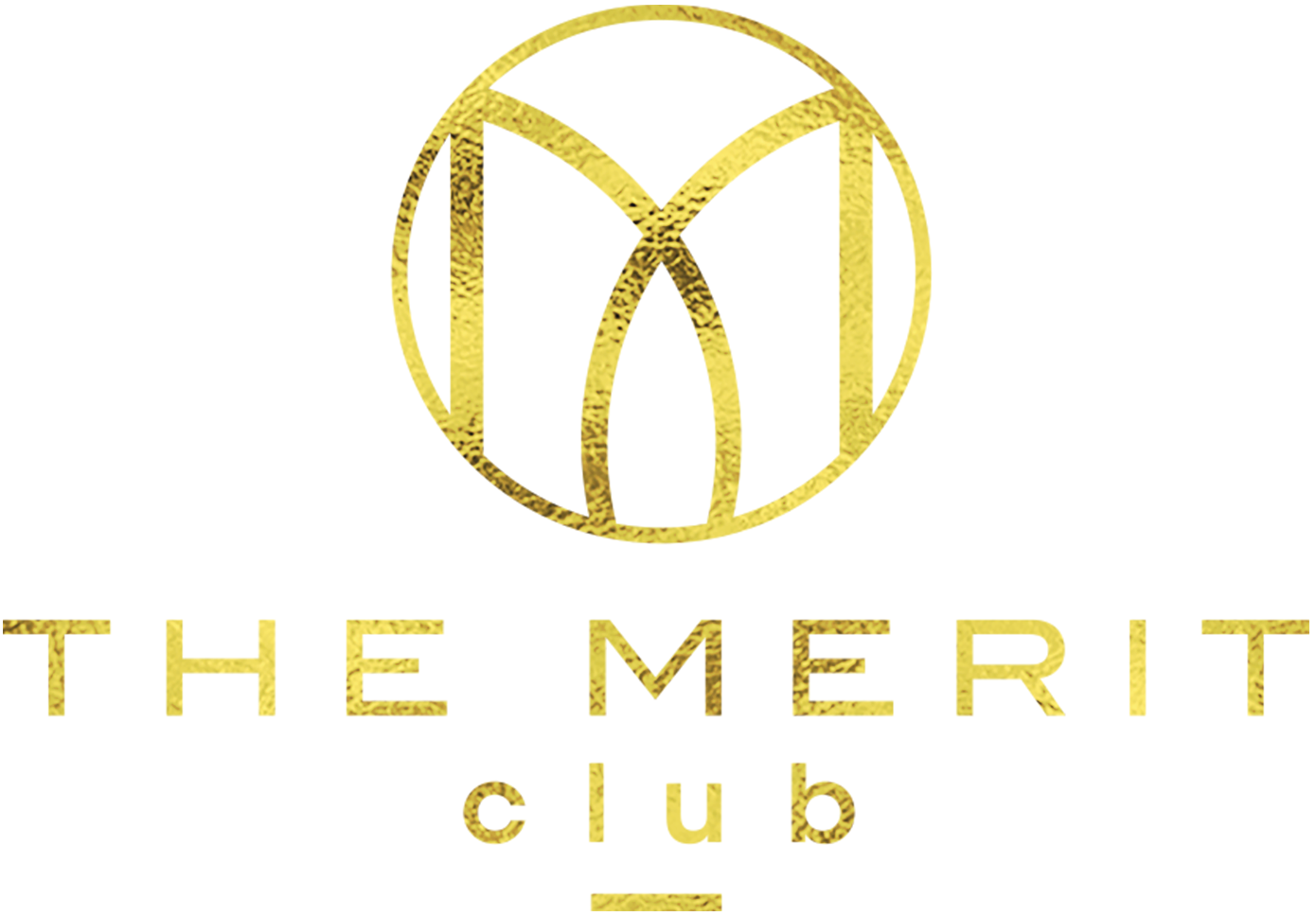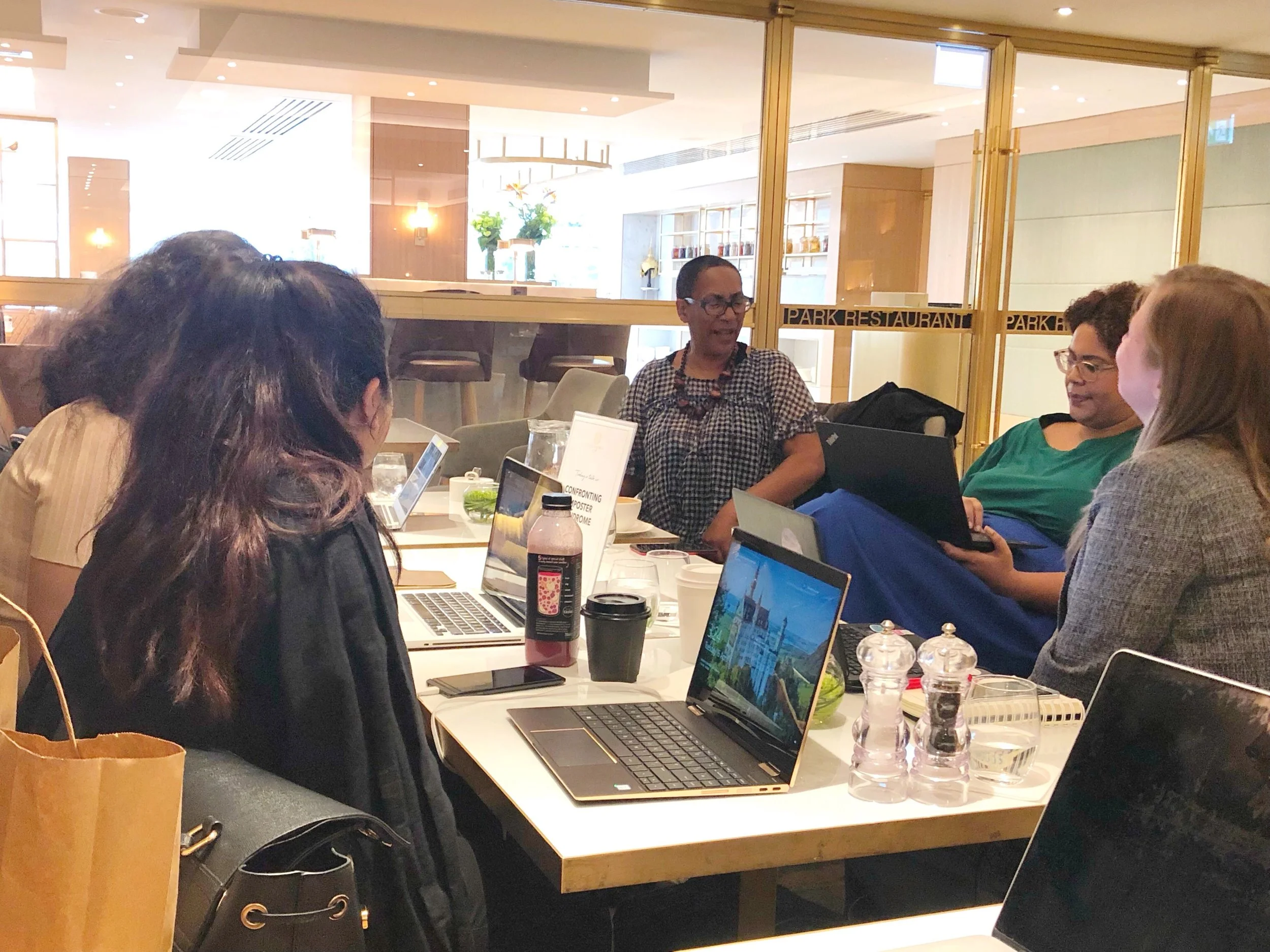Neuroscience and Habits
“You are not your brain.”
At the Merit Club we are fascinated with what makes our brains tick! Every Wednesday we will be digging a little deeper into this with our Neuroscience Wednesdays series. Finding videos and articles on subjects from love through to leadership and addiction, these blogs will cover a range of ideas and theories that help us understand our mind better, have the power to shape our lives and the way we think.
This week on Neuroscience Wednesday, the Merit Club brings you Harvard Researcher Marco Badwal's insights into the formation of habits and how you can change your habits to improve your life.
Habits, by definition, are automated and repeated behaviours that take place in the same environment. These habits also take place in the subconscious part of our brain, which means we are not always consciously aware of our habits at all, as we have acted out the behaviours so many times that we don't even realise that we're doing them. Sounds familiar?
Looking further into the science behind them - because that's what we are here for nerd friends - habits are usually triggered by a cue, and are then rewarded by the end result, which causes the neurotransmitter dopamine to be released into our brains. Dopamine then sends messages to different parts of the brain, which signals that we like what has just happened. Because of this, we then tend to repeat that certain behaviour frequently. For example, behavioural habits can be linked to our relationships with our mobile phones. If every time we receive a text message or a notification, a little bit of dopamine is released into the brain, we can appreciate just how subconscious and addictive habits can become as we go to pick up our phones again and AGAIN!
Often we can become immune to just how much of an impact habits have on our lives. We would argue, however, that we tend to focus more on our bad habits - we tend to be more aware of what habits are bringing us down. Yet, putting a spotlight onto the idea of habits, has inspired us to re-evaluate them. We should also recognise good habits, too. But most importantly, we need to harness new habits.
How Can I Form New Habits?
When we put all of these ideas about habits together we get the habit loop - a cue triggers a behaviour, the behaviour is carried out, and then we are rewarded for that behaviour. Because of the dopamine release, when that cue is presented to us again in the future we will carry out that behaviour far more readily. We can easily get stuck with bad habits, but it really is possible to reverse them too. We can create new habit loops by rewarding ourselves.
Marco Badwal, a researcher at Harvard University, has shared a super-simple and interesting strategy that he has used to help him focus more. In his case, this includes looking at his phone less and formulating new habits to replace this need. To help himself succeed in this task, Marco downloaded an app called Forest, in which you can plant a virtual seed. The more time you spend away from your phone, the more time the seed has to grow into a tree. The more you do this, the more trees that will grow - if successful, you will end up with a forest! If time and time again you can't resist the temptation of looking at your phone then the tree withers. It's a simple way to avoid looking at your phone, but isn't always easy! Persistence is needed, but there's no denying that it is worth trying if you want to channel your focus elsewhere.
DOWNLOAD THE FOREST - STAY FOCUSED APP NOW
Creating new habits is no easy process. However, as the famous saying goes, everything in moderation. You have to start by focusing upon a new habit for a short amount of time. Being consistent is key. At the beginning, this new behaviour will be difficult to adjust to, but in the end it will be like second nature and you’ll be doing it without even realising. Give it a go. Don't beat yourself up over bad habits, but start celebrating new habits instead.
Do you have any tips for how to create new habits? Share with us below










